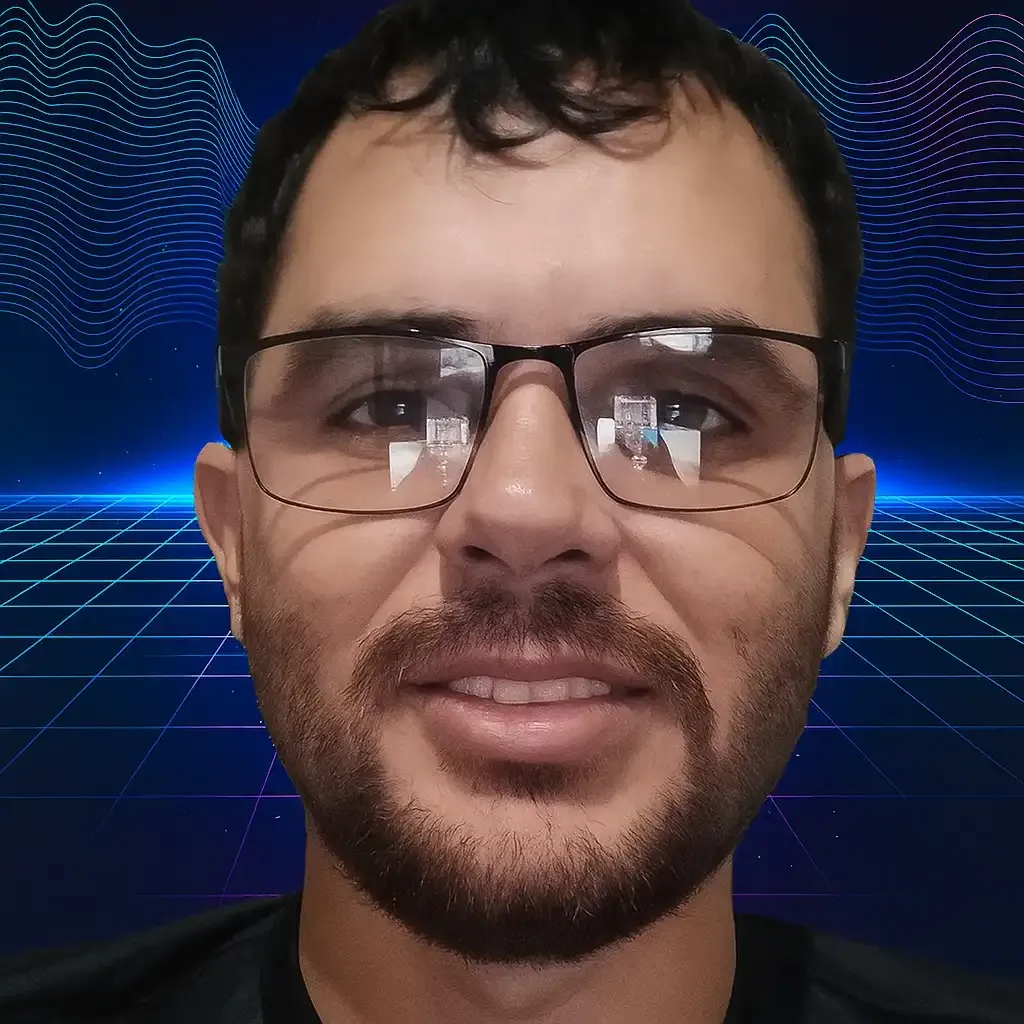Reading Suggestion: "En Busca del Origen del Lenguaje"
Hi everyone! How are you all doing?
I'm doing well, surviving life's challenges. But to get straight to the point, do you usually read books monthly? When I was younger, I used to read a 300-page book every month; however, now at 22 years old, I've had to change my routine. Still, I read a lot; I've just slowed down the pace and intensity.
With that in mind, I wanted to share with you the book I'm currently reading. Since the end of April until now, I've been reading a book in Spanish about the origin of language. I really liked the synopsis because the author, Sverker Johansson, wrote the book from the perspective of a physicist who is a Christian, believes in Darwinian evolution, and wants to teach his daughter why humans speak and chimpanzees don't, even though chimpanzees share 90% genetic compatibility with humans.

As I mentioned, I am still reading this peculiar literary work. However, I can affirm that its content can help to understand many fields of knowledge. I say this because the book is written by a university physics professor who excels in atom manipulation, is also passionate about linguistics, and above all, is a father who wants to teach his daughter everything he can. Sverker tries to reconcile mathematical logic, sociology, the art of teaching, history, biology, a bit of medicine, etc., in a book that, depending on the version, can have over 360 pages. However, the way he writes is like you are having a conversation with that professor who knows how to teach very well, always being cautious and contextualizing subjects with incredible ease.
If you, dear reader of this review, asked me why I recommend this book, I would ask if you work with programming languages. If that’s the case, this book can be a curious read, as Sverker teaches a bit of logic and how linguistics (the human science that studies the evolution of languages) unknowingly uses logical principles. The author himself jokes that many linguists waste time in their studies by not knowing applied logic.
But if you are a biology enthusiast, you will have a feast. Biology studies down to the molecular level of living beings, and in the book, since Sverker is a specialist in atomic physics, he fills in some gaps that biology doesn’t cover with atomic principles that form the molecular grid. I emphasize that it’s a brief mention because this topic of division between physics, biology, and chemistry is very conflicting and involves very complex subjects outside the book's theme. However, if you are into humanities, you will be fascinated by the philosophical repertoire he brings, always well-informed with sources that played significant roles in historical moments.
If you are interested in this work, there is just one small problem: it is only available in Spanish from Spain. Besides the language, you can find it on authorized free distribution sites, on Kindle E-books for up to 10 dollars (usually found for free), and if you want the physical version, the cheapest I found was 90 dollars on Amazon. Thank you for reading this article, and I hope you enjoyed the reading suggestion.








